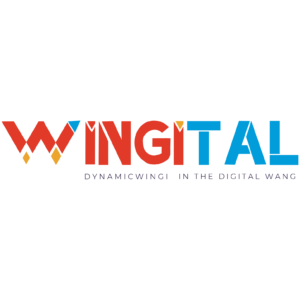Unlocking the Future: Navigating the Revolutionary Path of AI Technology
Artificial Intelligence (AI) is the frontier of modern technology, driving innovations in various fields from healthcare to finance. But what does the future hold for AI technology, and how can we effectively navigate its revolutionary path? This comprehensive guide explores these questions in detail, offering insights into the rapidly evolving world of AI.
An Overview of AI Technology
Artificial Intelligence, or AI, refers to the simulation of human intelligence processes by machines, particularly computer systems. These processes include learning, reasoning, problem-solving, understanding language, and perception. But AI isn’t just about mimicking human intelligence — it’s about augmenting it.
Types of AI Technology
AI can be broadly categorized into two types: Narrow AI, which is designed to perform a narrow task such as voice recognition, and General AI, which can perform any intellectual task that a human being can do.
Unlocking the Future with AI
AI has the potential to revolutionize every aspect of our lives, from the way we work and communicate to how we solve problems and make decisions. Here’s a glimpse into the future of AI technology:
Personalized Education
AI can tailor educational content to individual students’ needs, creating a more effective and personalized learning experience.
Improved Healthcare
AI can help doctors diagnose diseases more accurately, predict patient outcomes, and even develop new drugs.
Efficient Business Operations
AI can automate routine tasks, streamline business processes, and make data-driven decisions, leading to increased efficiency and productivity.
Navigating the Revolutionary Path of AI
While the potential of AI is huge, navigating its path can be challenging. Here are some tips to help you:
Stay Informed
Keep abreast of the latest developments in AI technology. Attend conferences, read research papers, and follow AI experts on social media.
Invest in Skills
Equip yourself with the necessary skills to understand and work with AI. These can include programming languages like Python and R, as well as knowledge in machine learning and data science.
Consider the Ethical Implications
As AI technology advances, it brings with it a host of ethical implications that need to be considered. These can range from concerns about job displacement to issues of data privacy and security.
Conclusion
AI technology is not just a buzzword; it’s a game-changer that’s reshaping the landscape of various industries. By staying informed, investing in relevant skills, and considering the ethical implications, we can effectively navigate the revolutionary path of AI. As we unlock the future with AI, there’s no limit to what we can achieve.





